LOCAL RESEARCH GROUP
I believe that the best ideas emerge when borders—both visible and invisible—are transcended and diverse perspectives come together. By combining the strengths of my local research lab at UCLM (the EMOTLC team) with the insights gained from my past and present international collaborations, I aim to produce research that is both locally rooted and globally significant.
Since 2004, I have led the EMOTLC lab alongside an international team of senior and junior researchers dedicated to exploring emotions, linguistics, and cultural studies. Together, we work on diverse projects investigating the languages of emotions, the evolution of emotional identities, and the complex connections between languages, cultures, societies, and the individual. Our lab embraces interdisciplinary approaches and values collaboration, striving to contribute meaningful insights to both academia and the wider community.

Meet the EMOTLC lab team
Along with my collaborators in the research lab Emotions Across Time, Languages, and Cultures, we form an international, collaborative, and interdisciplinary hub that brings together senior and junior researchers from linguistics, cultural studies, anthropology, and digital humanities. Our work explores the history and expression of the human emotional experience across diverse linguistic and cultural contexts.
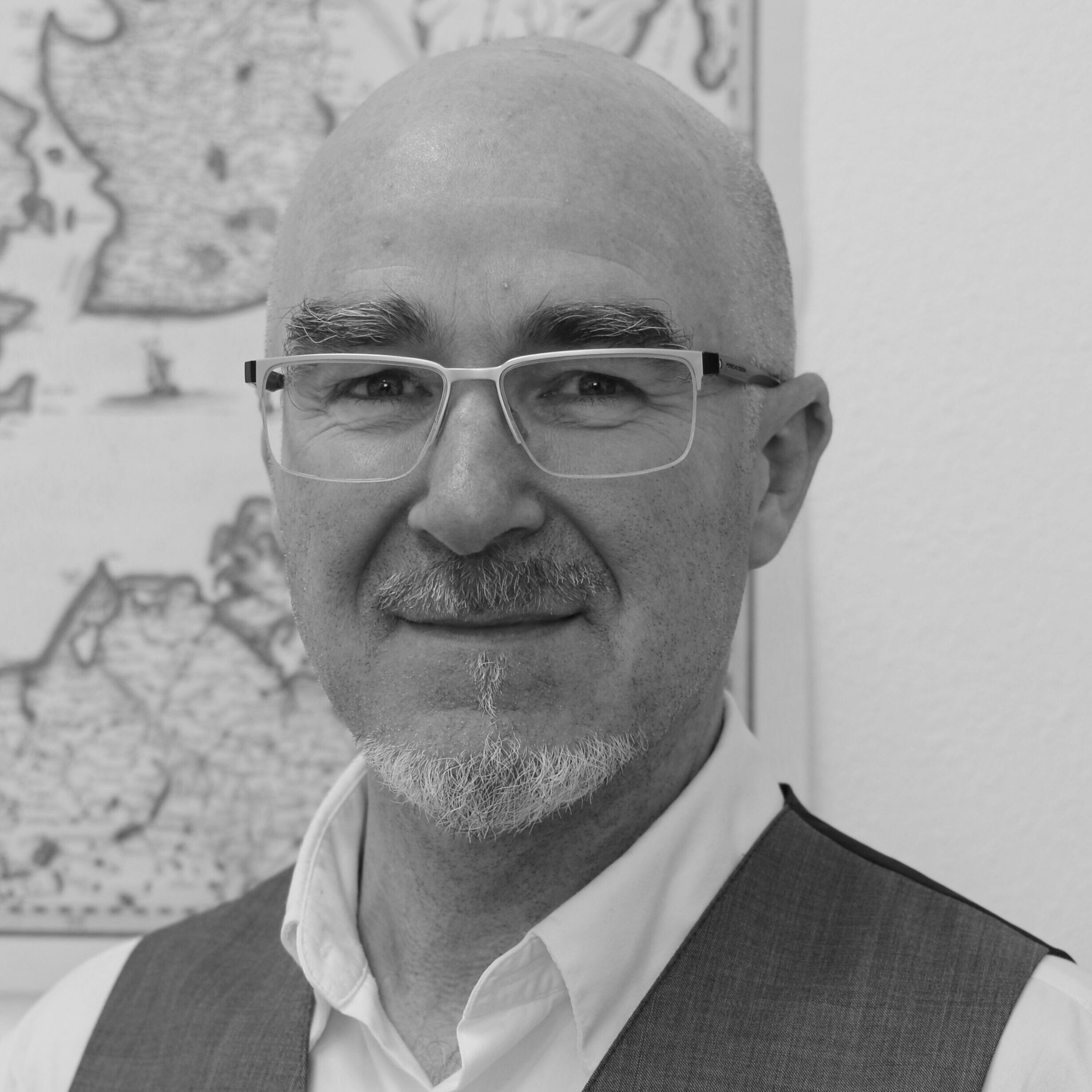
Teodoro Manrique-Antón
Professor
PhD (University of Salamanca, Spain)
History of Emotions: Medieval
I am a Professor in Cultural Studies, specializing in Central and Northern European studies (with a focus on the medieval period). My research on emotions combines linguistic and literary methods, and I have published extensively on emotions such as fear, pride, and shame. I am the principal investigator (IP) of the project ‘Cultural Models of Positive Emotions in Medieval Germanic Languages,’ where I explore these themes in depth.
As the sub-coordinator of the EMOTLC lab, I engage in both research and organizational tasks, contributing to the lab’s interdisciplinary and international scope. Working with this diverse group of researchers from various national and scientific backgrounds has provided me with valuable new insights, further enriching my understanding of emotion in cultural contexts.
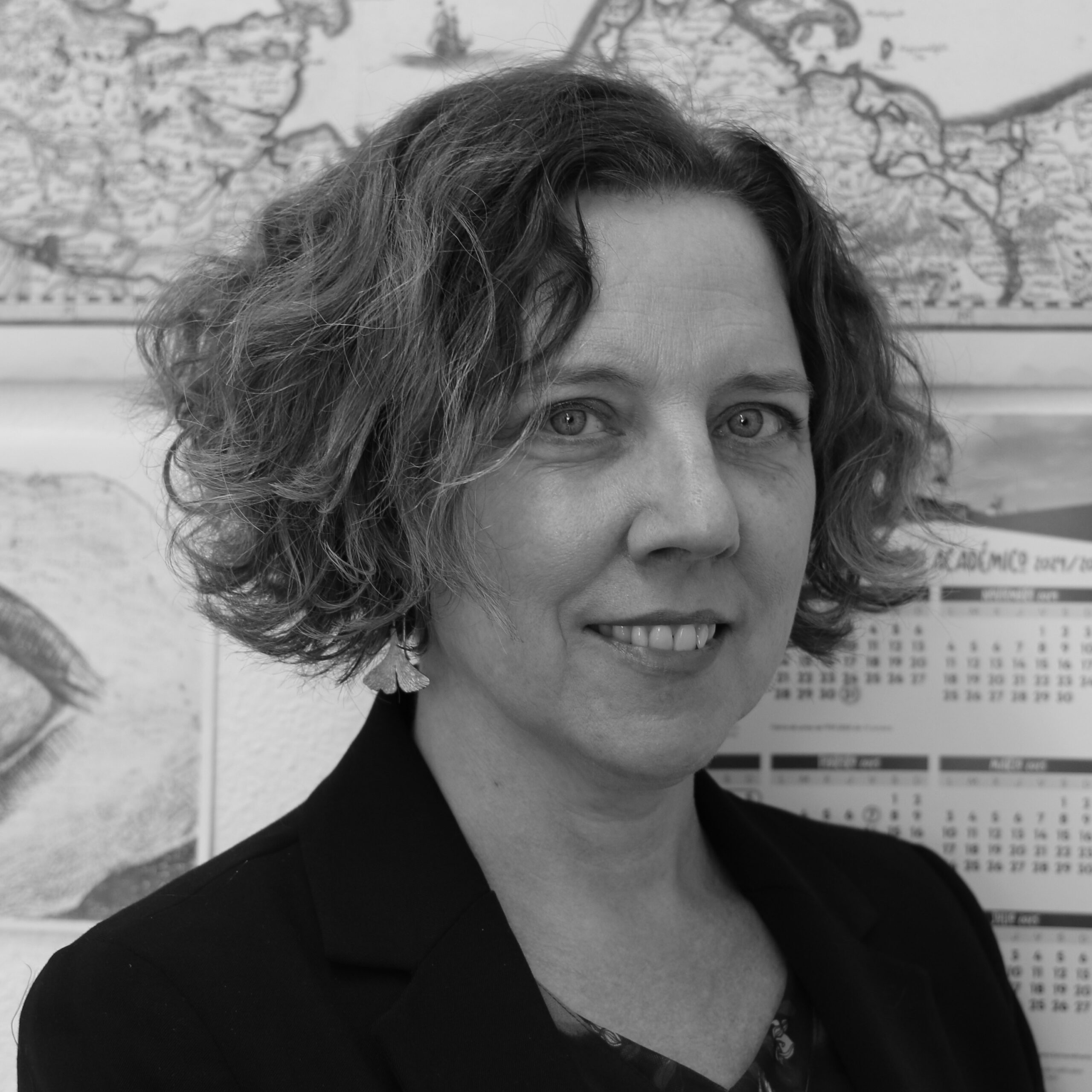
Edel Porter
Professor
PhD (University of Leeds, UK)
Translating Emotions
My research interests include all aspects of Old Norse literature, with a particular focus on skaldic poetry, the postmedieval reception of Old Norse literature, and the history of emotions in Old Norse. In collaboration with the other members of this research group, I have participated in a number of projects such as ‘The Expression and Conceptualization of Aesthetic Emotions: Linguistic and Cultural Variation’, resulting in publications such as the edited collection ‘Cultural Models for Emotions in the North Atlantic Vernaculars, 700-1400’ with Javier E. Díaz-Vera (Brepols, 2025), and most recently, the project ‘Cultural Models of Positive Emotions in Medieval Germanic Languages,’ as part of which I am investigating the evolution of conceptualizations of the heart and its relation to emotions as represented in the skaldic corpus.

Fran Minaya-Gómez
Professor
PhD (UCLM, Spain)
Aesthetic Emotions
As a member of the research group EMOTLC, I have gained valuable interdisciplinary experience exploring how emotions are expressed across languages and histories. My work specializes in aesthetic emotions and in how art, literature, and cultural artifacts evoke and shape emotional experiences. In addition to my academic research on the history of emotions, I have published works of fiction that explore the complexity of human emotions and their role in shaping identity and personal transformation.
Collaborating with scholars from different linguistic, cultural, and historical disciplines, presenting at international conferences, and contributing to publications has enriched my research and broadened my understanding of emotional expression in cultural contexts. This experience is greatly shaping my academic path.
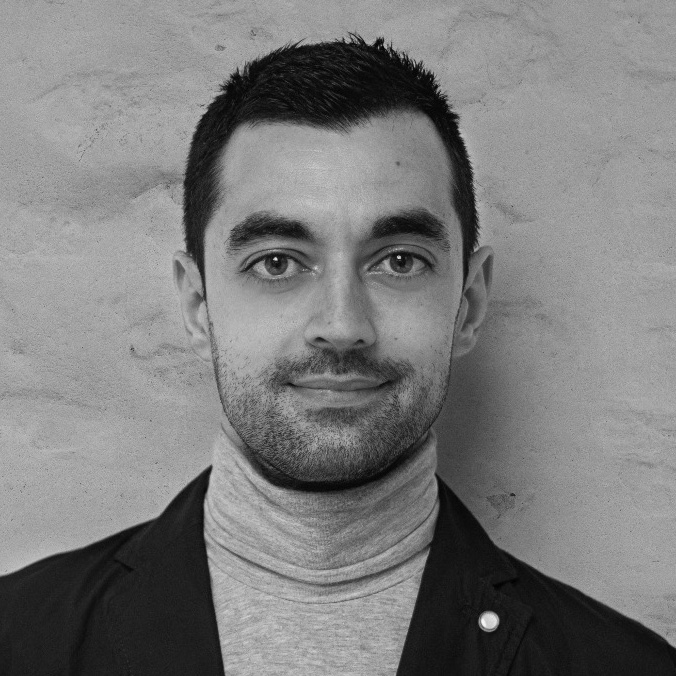
José Miguel Alcolado-Carnicero
Lecturer
PhD (UCLM, Spain)
Language Contact and Emotions
My research interests have always revolved around the multilingual practices of speech communities any time in the past and anywhere in the world. As a historical (socio)linguist, I initially specialised in language-contact phenomena within the written corpora of London’s livery companies during the Middle Ages.
As a member of EMOTLC research group, my interactions with specialists in the field have recently led me to focus on the concept of emotion as a compelling cross-cultural construct. I am currently analysing the impact of French-origin words and meanings on the English vocabulary of emotions during medieval England, especially following the Norman Conquest. In the near future, I also plan to extend this line of research to the east, specifically to the Colonial Philippines.

Yadi Si
MA (HISU, China)
Emotions in East Asia
As a member of the EMOTLC research group, I have gained valuable experience in interdisciplinary research, focusing on exploring the contrast and representation of conceptual metaphors in Chinese and Spanish through corpus-based methods. My research interests center on interlinguistic comparisons of conceptual metaphors, particularly through corpus analyses that reveal similarities and differences in metaphor use across languages and cultures, and how metaphors reflect and shape affective and cognitive experiences.
In collaboration with specialists in linguistics, cultural studies, and history, I have developed a deeper understanding of cultural diversity and the complexity of metaphors. These experiences have not only broadened my academic horizons but have also made me more aware of the unique value of corpora in metaphor research.

Daniel Prado-Aranda
MA (Complutense University, Spain)
Digital Humanities
I am a philologist with training in electronic textualities, linguistic databases, and computational linguistics. My research focuses on Natural Language Processing (NLP), large language models, and generative AI, with a particular interest in how linguistic knowledge can be integrated into the development of new technologies.
Through my participation in the EMOTLC research lab, I have expanded my work into a multidisciplinary environment, combining linguistic expertise with computational approaches. My goal is to contribute to a deeper understanding of how language and technology interact in shaping communication and human–machine interaction.




Anna González-Gasiorowska
MA (UCLM)
Emotions and illness
I am a postgraduate student working in the field of cognitive linguistics, my research deals with the role of metaphor and euphemism in shaping public and personal narratives about eating disorders. My work explores how language constructs stigma, empathy, and agency within diverse linguistic and social contexts.
Through my participation in the EMOTLC research lab, I have gained multilingual and multidisciplinary insights that broaden my perspective. This allows me to approach my research on eating disorder discourse from a more nuanced viewpoint. My goal is to explore how language and emotion shape stigma, empathy, and identity in these narratives.

Gabriela Díaz-Díaz
MA (Vytautas Magnus, Lithuania)
Emotions and Identities
In my dissertation, I focus on a relatively underexplored area of cognitive linguistics: the relationship between the choice of emotion expressions and identity construction. I focus particularly on how othering is shaped through emotion metaphors and metonymies across different cultural and linguistic contexts.
My involvement in the EMOTLC research lab has provided me with a multilingual and multidisciplinary perspective, enriching my approach to these complex dynamics. Through my work, I aim to deepen our understanding of how language and emotion interact in the formation of social identities and group boundaries.




Hagit Dori
MA (Hebrew University, Israel)
Anthropology of Emotions
I explore the intersection of emotions and religious performativity, as well as the expression of emotions through dance. My work examines how ritual practices and embodied movement shape emotional experiences across historical and cultural contexts. By integrating perspectives from performance studies, anthropology, and emotion research, I seek to understand the profound ways in which emotions are enacted, transmitted, and transformed in religious and artistic settings.
Being part of EMOTLC allows me to engage in interdisciplinary dialogue, enriching my research with diverse theoretical and methodological perspectives.



MOST RECENT FUNDED PROJECTS
Cultural Models of Positive Emotions in Medieval Germanic Languages (PID2022-138508NB-I00), funded by MICIU/FEDER-EU
This project (2023-2026) explores how positive emotions—such as joy, love, and pride—were expressed and conceptualized in the medieval Germanic languages. By analyzing texts from Old English, Old High German, Old Norse, and other Germanic languages, the study investigates the cultural models that shaped emotional expressions during this period. The research focuses on identifying recurring themes and metaphors used to describe positive emotions, examining how these emotions were linked to social values, religious beliefs, and communal identity. It also looks at the role of language in shaping and reinforcing cultural norms related to emotions, and how medieval societies used language to articulate experiences of happiness, affection, and moral virtues. Through this analysis, the project sheds light on the ways in which language and culture intersect in the expression of positive emotions, offering insights into the emotional landscapes of medieval Germanic-speaking communities.
Languages, Emotions, and Identities in the History of Europe: Application to the Development of a Collective Identity as an Instrument of European Integration (2022-GRIN-34448), funded by FEDER-EU/UCLM
This project (2022-2025) examines the concept, challenges, and perspectives of collective identity within the context of European integration. From a linguistic and cultural standpoint, it explores how emotional conceptualizations have evolved throughout European history, with the aim of understanding how a deeper knowledge of our affective history can help address the current challenges of collective identity. Emotions reveal who we are, and in times of uncertainty and identity crises, many turn to them as a guide. In the political sphere, European integration has emphasized the need for a common identity, yet most studies focus on European values, overlooking the emotional dimension.
This project proposes that Europe has been shaped by interconnected emotional communities over centuries. Through the study of its linguistic and cultural history, it aims to show how this collective identity is rooted in a shared affective history. Furthermore, the project seeks to apply this knowledge to the European integration process, incorporating an emotional aspect that acknowledges and strengthens the concept of shared identity within the community.
The Expression and Conceptualization of Aesthetic Emotions: Linguistic and Cultural Variation (SBPLY/17/180501/000267), funded by FEDER-EU/JCCM
In this project (2017-2021) we focused on how aesthetic emotions—such as awe, admiration, and the sense of beauty—are expressed and understood in English across different cultural contexts. Through an analysis of art works and textual evidences, the study explored how these emotions are linguistically articulated and shaped by cultural influences. The findings revealed the centrality of metaphor and figurative language in describing aesthetic experiences, with English speakers frequently drawing on imagery of light, nature, and the sublime to express admiration or wonder. The study also highlighted the influence of globalization and digital communication, where traditional expressions often intersect with modern, more immediate forms. This research contributes to a deeper understanding of how aesthetic emotions are both universal and culturally specific, while the project’s open-access resources provide valuable tools for exploring emotional language.
The Verbal Expression of Basic Emotions: Diachronic and Sociolinguistic Variation (PPII-2014-015-A), funded by FEDER-EU/JCCM
In this project (2014-2017) we explored how basic emotions like joy, anger, and sadness are expressed in English, both historically and in contemporary varieties. By analyzing historical texts and modern speech patterns, the research revealed significant changes in emotional vocabulary over time, shaped by cultural and technological shifts. For example, traditional religious metaphors for emotions have gradually given way to more physiological and action-based language. Sociolinguistic patterns also emerged, showing how gender, age, and region influence emotional expression. This work not only deepened our understanding of emotional language but also provided valuable ideas for future research, reinforcing the connection between language, emotion, and culture.
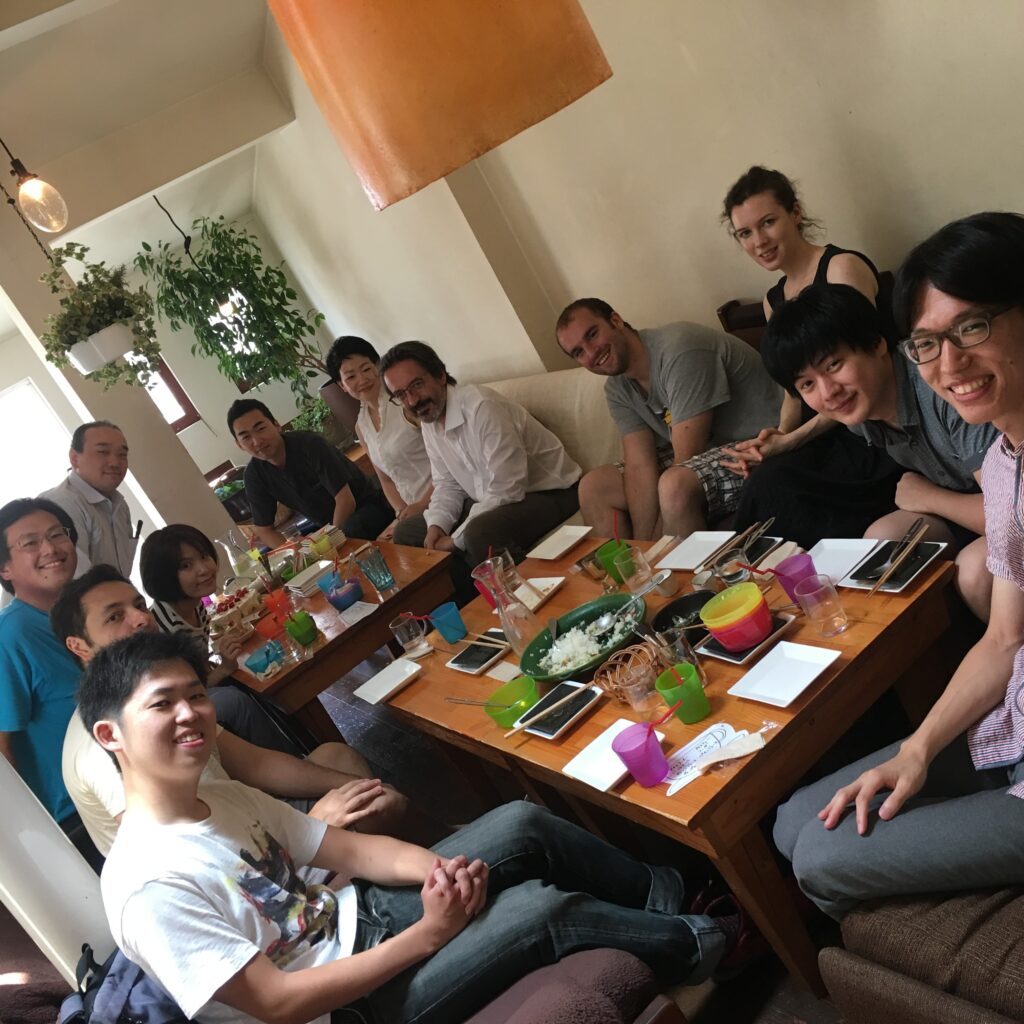
GLOBAL COLLABORATIONS
I firmly believe that research is a global endeavor, and I am deeply grateful for the opportunity to collaborate with esteemed colleagues from institutions around the world. These partnerships, which span across countries on every continent, enrich my work by exposing me to diverse methodologies, perspectives, and cultural contexts.
Through these collaborations, we have produced joint publications, participated in international conferences, and launched cross-cultural research initiatives that transcend geographical and disciplinary boundaries. They are a cornerstone of my academic journey, offering invaluable insights and fostering innovative solutions to address complex global challenges.
KEY AREAS OF INTERNATIONAL COLLABORATION
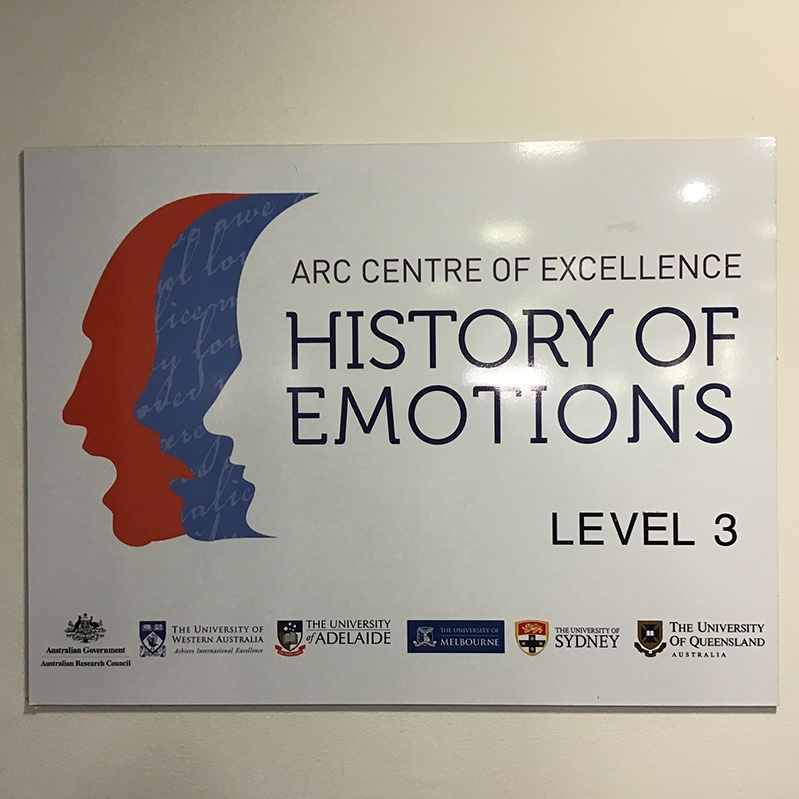
Australian Research Centre of Excellence for the History of Emotions (CHE).
My collaboration with the ARC Centre of Excellence for the History of Emotions began with an invitation from Philippa Maddern to participate in two significant conferences in Perth (Australia): Sourcing Emotions in the Medieval and Modern World in 2012 and Languages of Emotions: Translations and Transformations in 2013. These events provided a dynamic platform to engage with leading scholars on the historical and cultural dimensions of emotions. Following these enriching experiences, I joined the cluster Emotions and Language, where I contributed to exploring how language shapes, translates, and transforms emotional expression across time and contexts. This partnership has allowed me to engage deeply with interdisciplinary approaches to the history of emotions.
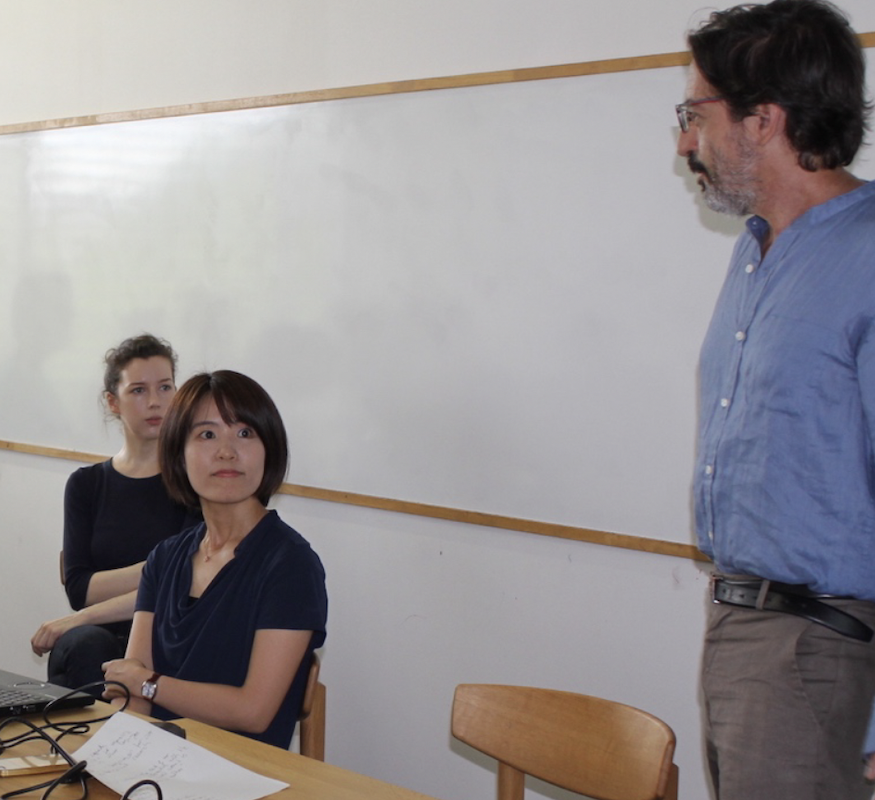
Kokoro Research Center, University of Kyoto, Japan.
In 2017, during a research stay at the Kokoro Research Centre, I became deeply engaged with Yukiko Uchida’s pioneering work on cultural psychology, particularly her concept of clusters of meaning. This innovative framework has had a lasting impact on my research into the history of emotions, offering new perspectives on the connections between language, culture, and emotional expression. Uchida’s ideas have provided enduring inspiration, enriching my methodologies and leading to excellent results. Over time, the synergies between her research and my own have continued to evolve, opening new avenues for intellectual exploration.

Italian National Research Council (CNR), Istituto di Linguistica Computazionale Antonio Zampolli, Pisa, Italy.
My cooperation with Fahad Khan (CNR) and his team of computational linguists has been a pivotal aspect of my work on the creation of an Old English WordNet. This collaboration has brought together expertise in computational linguistics and historical language studies to develop a comprehensive lexical database for Old English. The institute’s advanced methodologies and tools have significantly enhanced the project’s scope, enabling deeper insights into the semantic relationships and structures of the Old English lexicon. The synergies between my research on the history of emotions and their computational approach continue to drive innovative progress, bridging historical linguistics and digital humanities.

CLIL@India Network and Chitkara University, India.
My participation in the CLIL@India project marked an important milestone in exploring the intersections of language, education, and cultural understanding. After the completion of this project, I started to collaborate with Stefano Greco (Chitkara University) in the examination of the role of emotions in politics and international relations, investigating how emotional expressions and narratives influence global political dynamics. This work has provided valuable insights into the ways emotions shape discourse and decision-making across cultural and geopolitical contexts. The ongoing synergies between my research and the project’s focus on multilingual and multicultural communication continue to yield innovative approaches to understanding the complex interplay of language, emotion, and global relations.